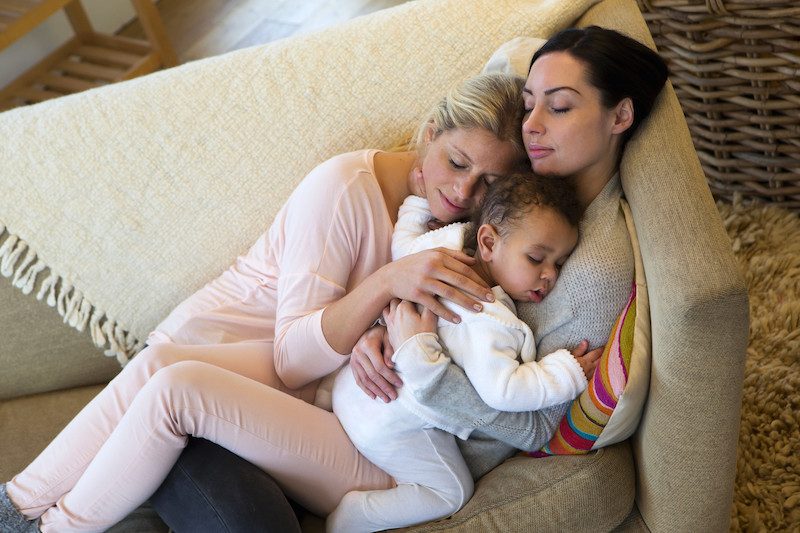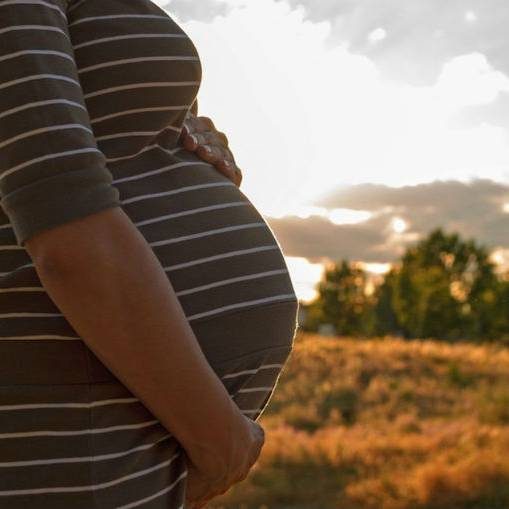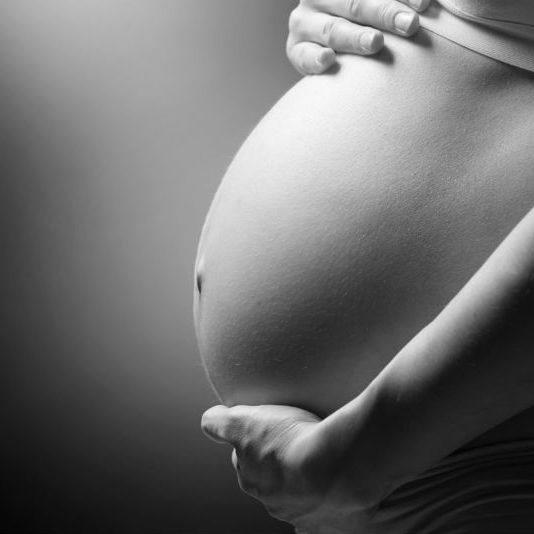 All your wriggling sperm donation questions answered!
All your wriggling sperm donation questions answered!
If you have decided you would like to start a family, then as a lesbian you will need to access donor sperm to help realise this dream. Choosing to use donated sperm is an important decision and one that requires thoughtful consideration and support.
Rainbow Fertility has a comprehensive sperm donor program to assist lesbians in their quest to become parents. However, before you choose a sperm donor there are probably many answers you are seeking. Here are some of the top facts you may be interested in.
What is a clinic-recruited donor?
When a male voluntarily donates his sperm through a fertility clinic for an unknown recipient, this is called a clinic-recruited donation. The donor and recipient do not know each other, and the donor can choose to keep his identity unknown; however, he must agree to provide identifying information to a child conceived as a result of his donation, if requested, when the child turns 18.
Under Victorian state regulations, only the donations of clinic-recruited donors who have been counselled by Victorian counsellors can be used in Victoria.
What is a known donor?
When the donor and recipient know each other and have an existing relationship, this is called a known donation. In this case, the recipient usually receives a donation from a friend, relative or family member.
Is it better to choose a known or clinic-recruited sperm donor?
It is your decision; however, if you choose a known donor, the important things to consider are the role of the donor in the pregnancy, birth and child’s life; his willingness to donate for more than one child if required; whether he wants to be known to the child; the role of the partner (if applicable) in the arrangement; the quality of the sperm, as it may be impacted by poor lifestyle choices, among other things; and the donor’s willingness to have the full medical tests and counselling.
For known donors, it is important to consider any legal implications with regards to potential claims with respect to either being considered the father of the child or their right to seek orders concerning the child. We recommend recipients seek legal advice when considering using a known sperm donor.
The clinic-recruited sperm donors (frozen sperm) available through Rainbow Fertility have already completed a lengthy and thorough process to ensure the quality of their sperm. The donor has undertaken to counsel and understands the implications and legalities of being a donor. The clinic-recruited donor has no legal rights.
How much information do I get on a clinic-recruited donor?
At Rainbow Fertility, we provide non-identifying details for you to select from. This includes physical attributes such as height, hair and eye colour; education background; general interests; and ethnicity.
Do I have to have IVF with donor sperm?
No, Donor Insemination (DI) or Intra-Uterine Insemination (IUI) is often the starting point for lesbian women as it is less invasive than IVF treatment and can help establish how fertile you are. Many women using donor sperm have normal fertility and can achieve pregnancy through this method.
Generally speaking, of the patients who come for fertility treatment, about 50 per cent will need to undergo full IVF treatment for various reasons. In terms of success rates, IVF is more effective than DI. Success rates are affected can be affected by a range of factors including your age, your medical history, the quality of your embryos, and whether or not you have been pregnant before.
Will the clinic-recruited donor’s identity always be unknown to the recipient?
In Australia, children conceived from donor sperm have the right to access identifying information about the donor when they turn 18. The woman giving birth is regarded as the mother of any child born. The recipient couple is the legal parents of the child, with parental rights and responsibilities. The clinic-recruited donor is not the legal father of the child.
Can I save some donor sperm for future pregnancies?
Yes, you can reserve sperm from the same donor for a possible future sibling once you have a confirmed pregnancy with a specific sperm donor. We will do whatever we can to ensure you have the same donor, but unfortunately, we cannot guarantee it. The sperm donor recipient would pay upfront for the donor sperm reservation which includes 12 months of storage. Twelve months after the reservation we would contact them to see if they wish to continue with storage.
How is clinic-recruited donor sperm screened?
The quality of the sperm is checked through medical screenings to exclude any transmittable or genetic diseases. A six-month quarantine period for sperm donation follows. Then a further medical screening of the donor occurs before his sperm is cleared for use.
What specific medical screenings are done on the clinic-recruited donor sperm?
At Rainbow Fertility, all our sperm donors undertake both a semen analysis and a series of pathology tests as part of the routine screening process to ensure the highest quality and safety for our patients. Screening tests include HIV, hepatitis B and C, syphilis, Human T-lymphotropic Virus 1 + 2, cytomegalovirus, cystic fibrosis, karyotype, blood group, Factor X syndrome, spinal muscular atrophy, thrombophilia, full blood count, chlamydia and gonorrhoea.
How many children can be produced from each donor?
Australia has restrictions in place to limit the number of families that can result from each donor. Currently in Queensland, Victoria and South Australia, donors can donate to up to 10 women, whereas in NSW it is 5 women (these figures include the donor and any current or former partner of the donor).
The professional team of specialists at Rainbow Fertility can provide all the information you need to make an informed decision, and the nurse coordinators are available to discuss any questions you may have about the sperm donor process.
Rainbow Fertility has the responsibility to provide Assisted Reproductive Technology (ART) based on relevant state or federal laws and guidelines. All individuals and couples are encouraged to obtain their own legal advice regarding the relevant legislation applying to their circumstances.






